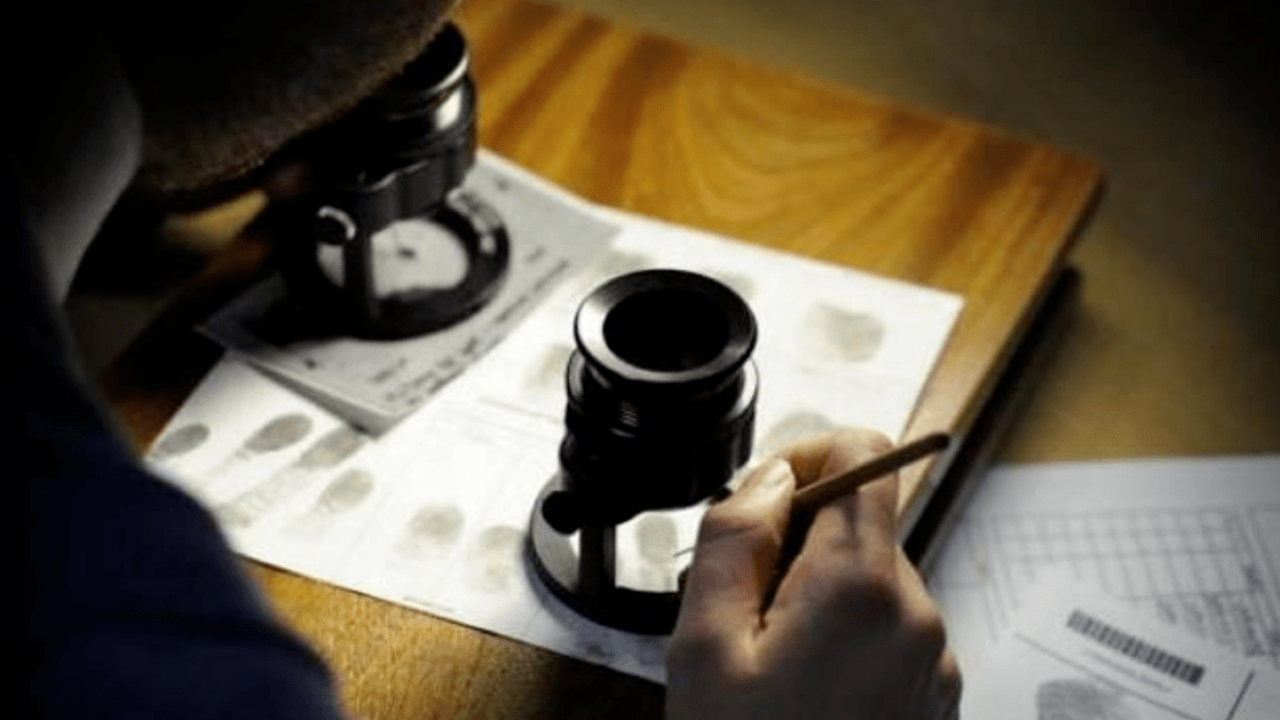Forensic examinations
Expertise (from the French espertise, from Lat. espertus (experienced) is a purposeful study of someone's object, conducted by an expert on the basis of objective facts in order to obtain a reasoned conclusion on certain aspects of the examined object of expertise.
In other words, an expert examination is a study by an expert of any issues, the solution of which requires special knowledge in such areas as science, technology, economics, trade and many others.
The main task of the examination is the preparation by an expert (specialist) of a reasoned conclusion on all issues of interest.
Expertise (forensic examination) is one of the most reliable means of proof in civil, criminal, administrative and arbitration processes and serves as an effective method of protecting violated rights and interests, as well as a fair resolution of a disputed issue.
There are many different examinations that can be divided into groups.
The first group includes forensic examinations that are classified by genera, namely: handwriting expertise, author expertise, technical expertise of documents, phototechnical expertise, portrait expertise, tracological expertise, forensic video expertise- and sound recordings, examination of weapons and traces of a shot, explosive expertise, forensic examination of materials, substances and products, soil science expertise, biological expertise, automotive expertise, fire and technical expertise, explosion technology expertise, construction and technical expertise, accounting expertise, financial and economic expertise, commodity expertise, psychological expertise, computer technical expertise, examination of objects of forensic examination using instrumental methods, examination of marking designations, environmental expertise, expertise of household appliances, linguistic expertise, land management expertise, expertise of objects of wild flora and fauna, expertise of intellectual property.
The second group includes forensic examinations by species within each genus. In particular, such types include forensic examinations as:
Comprehensive examination - is appointed if the establishment of the circumstances of the case requires simultaneous research using different fields of knowledge or using different scientific directions within the same field of knowledge. A comprehensive examination is entrusted to several experts.
Commission examination - is carried out by at least two experts of the same specialty or in the same field of knowledge. If, according to the results of the conducted research, the opinions of experts on the issues raised coincide, then they draw up a single conclusion. In case of disagreement, each of the experts who participated in the forensic examination gives a separate opinion on the issues that caused the disagreement.
Additional examination - is appointed if there is insufficient clarity or completeness of the expert's conclusion, as well as if new questions arise regarding the previously investigated circumstances of the case, is assigned to the same or another expert.
Re-examination - is appointed in cases of doubts about the validity of the expert's conclusion or the presence of contradictions in the conclusions of the expert or experts on the same issues, is assigned to another expert.
When resolving controversial, sometimes very complex issues in such areas of law as civil, family, inheritance, housing, criminal, administrative, a person whose rights and legitimate interests are violated cannot do without appointment and examination. At the same time, there are a number of categories of cases (disputes), the correct and fair resolution of which is not possible without an expert opinion.
Such cases include:
- cases of challenging, establishing and recognizing paternity;
- property damage cases (apartment flooding, fires, etc.)
- cases related to traffic accidents;
- cases of improper (low-quality) provision of construction and repair work;
- cases on the provision of substandard medical services, etc.
In the vast majority of cases, an expert opinion will have a decisive influence on the outcome of a particular case.
Our bar association provides a full range of legal support services for all available groups and types of examinations, both in pre-trial and in court.
We will help you and your business:
- with the selection of expert specialists (expert organizations) carrying out research and preparation of expert opinion;
- we will provide advice throughout the entire period of the examination, starting from the moment of its implementation and up to the moment of preparation of the expert opinion;
- we will form (prepare) the necessary list of investigated questions aimed at a positive resolution of your question;
- provide an opportunity to directly contact an expert specialist for clarification and (or) giving additional questions;
- detailed study and preparation of the legal position based on the results of the expert opinion;
- prepare reviews, objections, claims based on the results of the examination;
- represent your interests in pre-trial and judicial dispute resolution, based on the results of the examination;
- appeal against the determination of the appointment of examinations, its results, in the case of, as well as to achieve additional and (or) re-examination.


-e89b7e46ce-9c44d2ffb4b038538f9c5fee4e0cb4a6.jpg)

